- 19 Oct 2019 16:53
#15043337
There is a learning curve.
I can't know where you are on the curve, but I can suggest a couple things, tell you what the road looks like to me.
Piaget's Insights and Illusions of Philosophy is a brilliant paper. It's dated, but it's easy enough that you shouldn't have a problem with it. You'll most likely find it in a collected works book. But you might find a used copy, it used to be published as a stand alone.
One of the ways traditional philosophy starts is with a description of how we come to know the world. Problem is, science has been working on that since the 1800s, and there is an epic amount of work on the subject. IOW, if you are reading a traditional sort of thing, they are not trying to re-invent the wheel, they are trying to re-invent the Moon program without any engineering knowledge.
Rorty talked about that. For my 2 cents, Rorty was the most important thinker of that century. I think of him as the Moses of philosophy. He could see the rough outline of a future where philosophy stopped hiding from science. But, back then, it was not at all clear what that future would look like.
What happened is that scientists started doing philosophy to deal with intellectual problems they had. They weren't interested in philosophy, per se, so they didn't have the usual philosophical ambitions.
But they did need to ditch most of the language and intellectual baggage traditional philosophy carried around.
Here's an example of that work:
https://www.amazon.com/Scientific-Perspectivism-Ronald-N-Giere/dp/0226292126/ref=sr_1_3?keywords=ronald+n+giere&qid=1571500306&sr=8-3
But to make a long story short, they are interested in models of reality. No once cares if a model is true, much less eternal. But they do care how well it works.
I can't know where you are on the curve, but I can suggest a couple things, tell you what the road looks like to me.
Piaget's Insights and Illusions of Philosophy is a brilliant paper. It's dated, but it's easy enough that you shouldn't have a problem with it. You'll most likely find it in a collected works book. But you might find a used copy, it used to be published as a stand alone.
One of the ways traditional philosophy starts is with a description of how we come to know the world. Problem is, science has been working on that since the 1800s, and there is an epic amount of work on the subject. IOW, if you are reading a traditional sort of thing, they are not trying to re-invent the wheel, they are trying to re-invent the Moon program without any engineering knowledge.
Rorty talked about that. For my 2 cents, Rorty was the most important thinker of that century. I think of him as the Moses of philosophy. He could see the rough outline of a future where philosophy stopped hiding from science. But, back then, it was not at all clear what that future would look like.
What happened is that scientists started doing philosophy to deal with intellectual problems they had. They weren't interested in philosophy, per se, so they didn't have the usual philosophical ambitions.
But they did need to ditch most of the language and intellectual baggage traditional philosophy carried around.
Here's an example of that work:
https://www.amazon.com/Scientific-Perspectivism-Ronald-N-Giere/dp/0226292126/ref=sr_1_3?keywords=ronald+n+giere&qid=1571500306&sr=8-3
But to make a long story short, they are interested in models of reality. No once cares if a model is true, much less eternal. But they do care how well it works.
Facts have a well known liberal bias











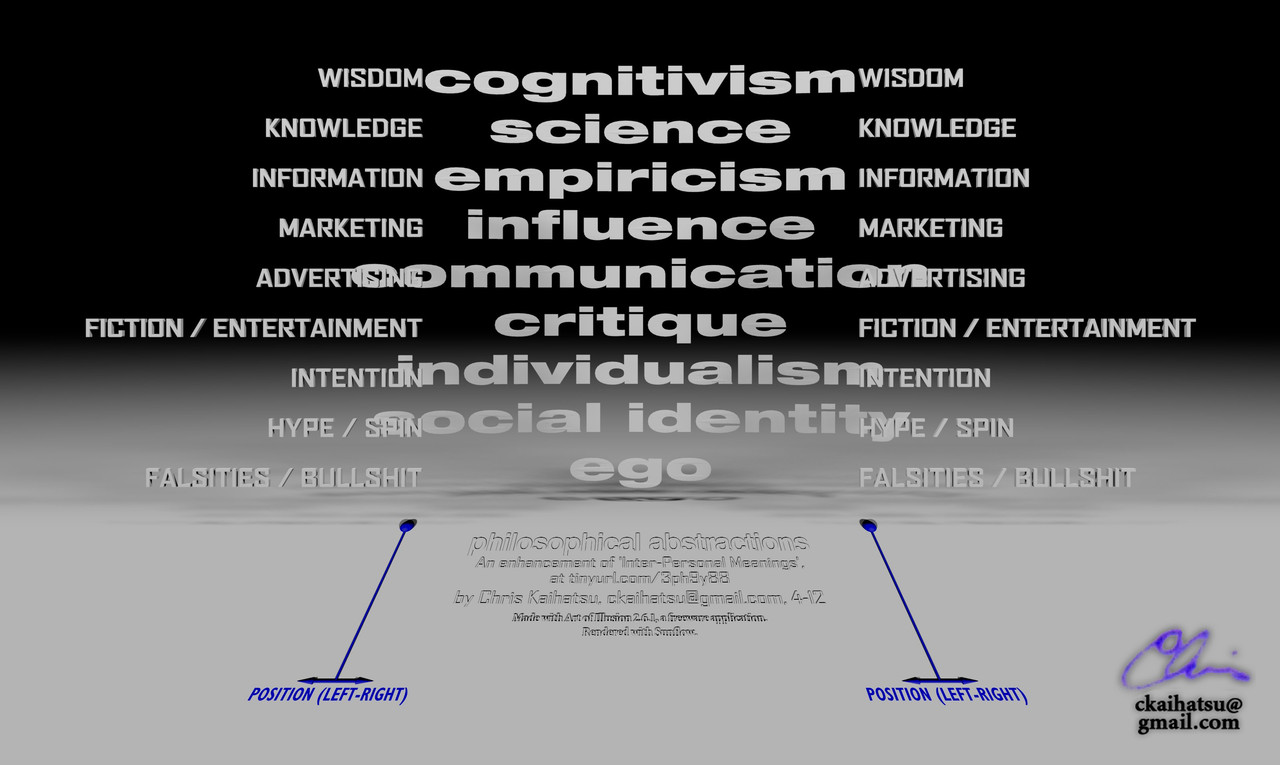
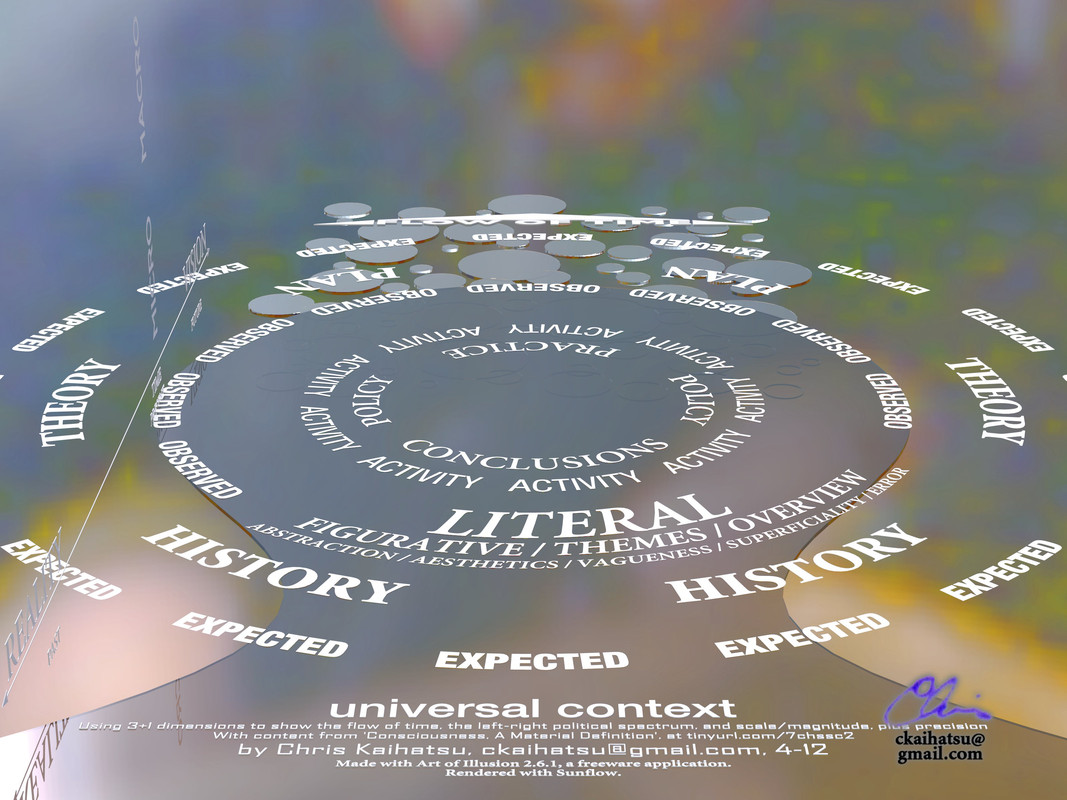
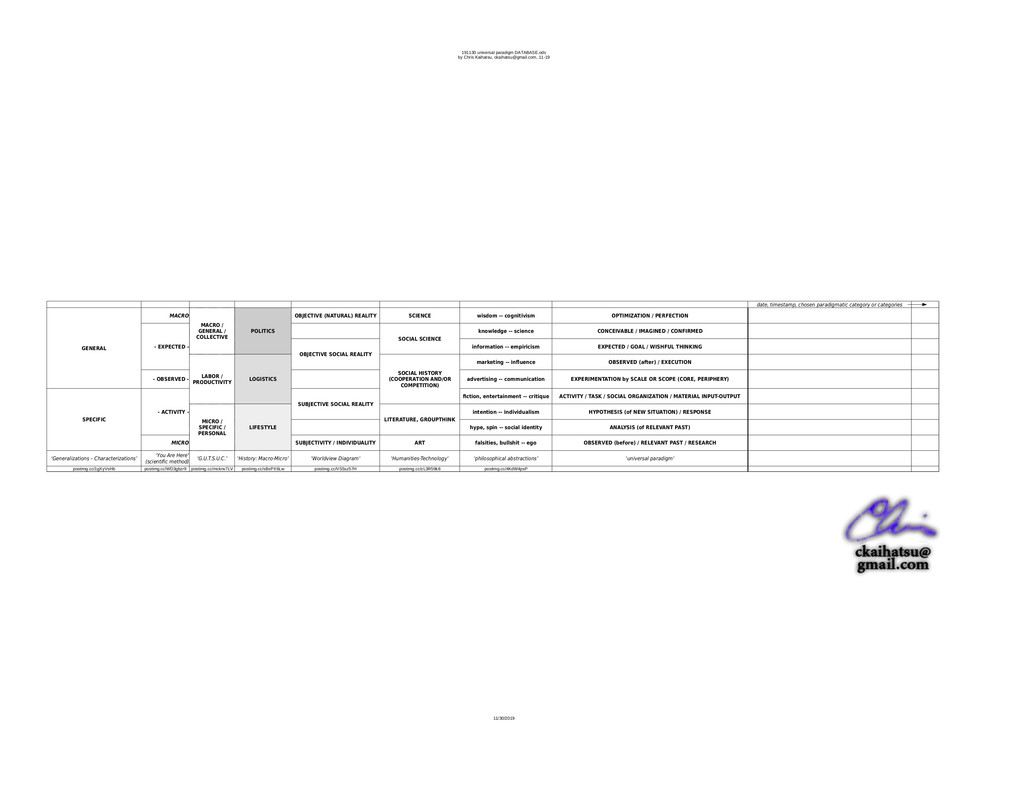
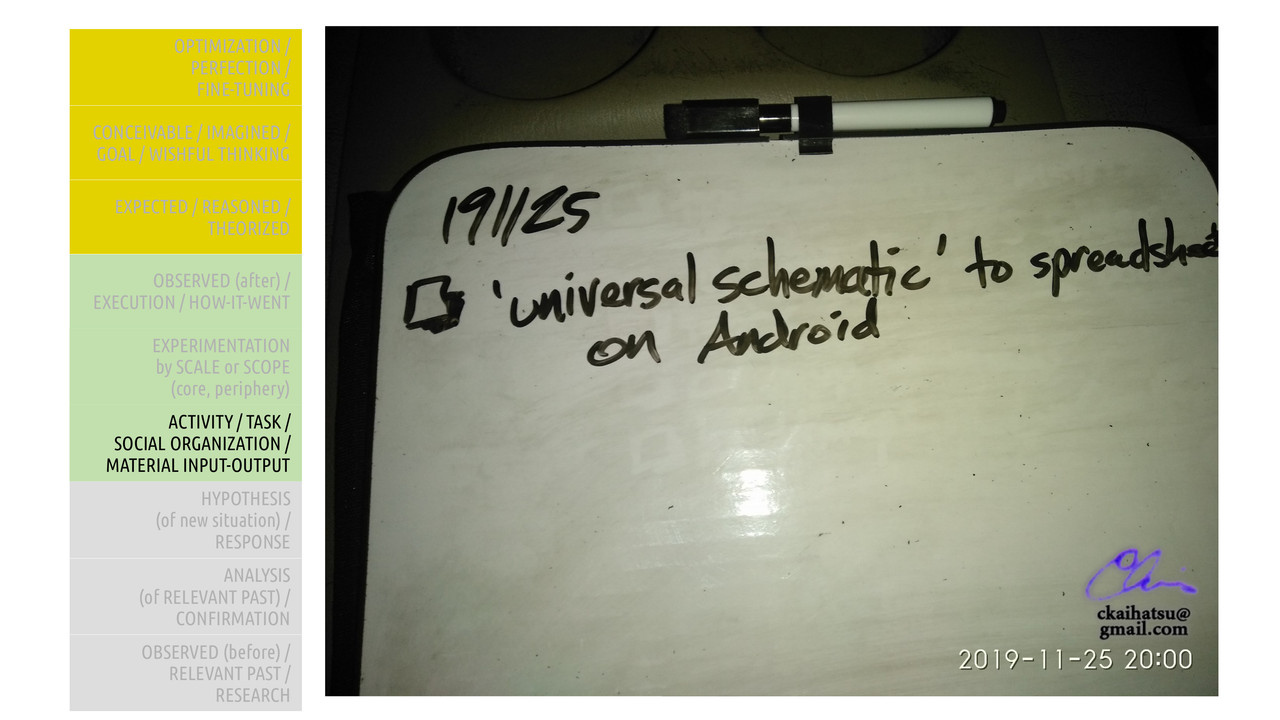
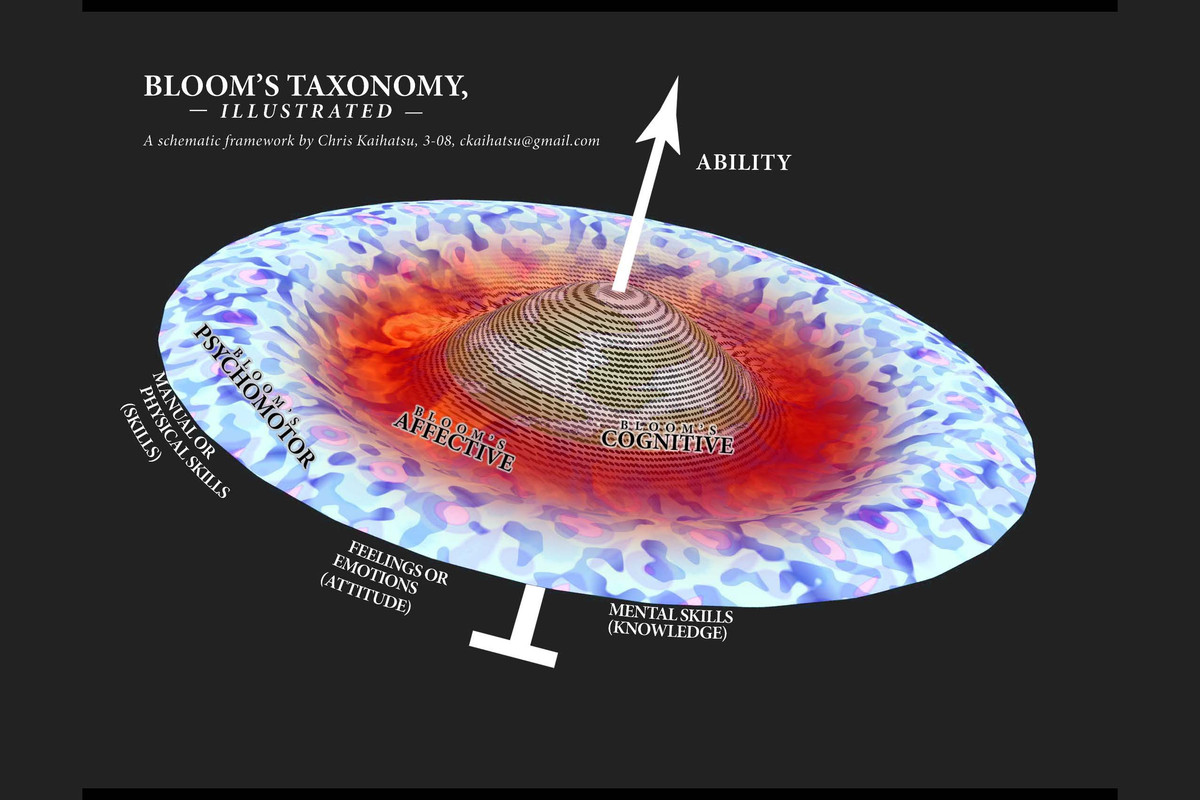
 - By Fasces
- By Fasces - By JohnRawls
- By JohnRawls